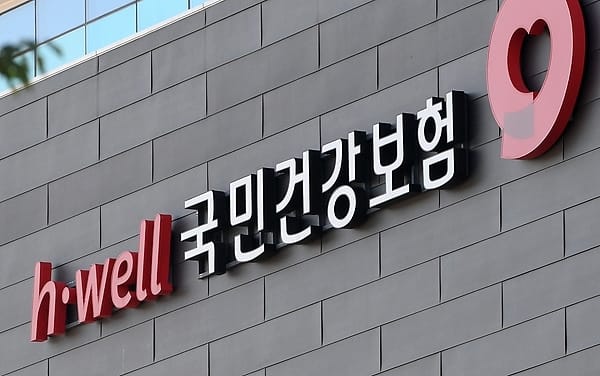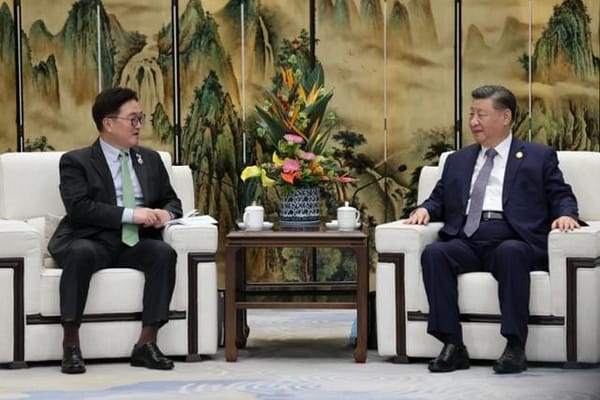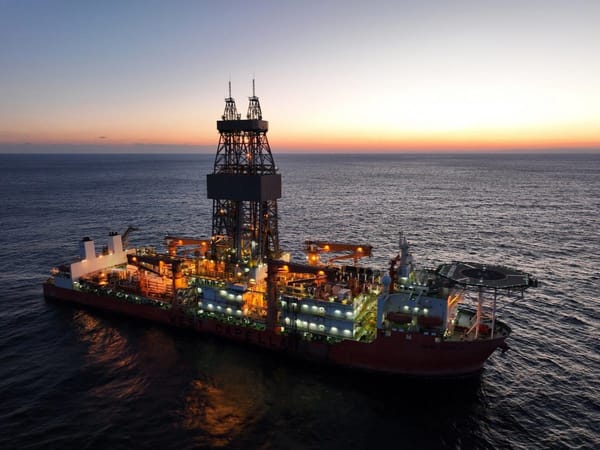Image: Poster by the Freight Alliance announcing general strike. Credit: Korean Public Service and Transport Workers' Union.
On November 24, the 25k members of the Freight Alliance 화물연대 within the Korean Public Service and Transport Workers’ Union 공공운수사회서비스노동조합 began a general strike, stopping the flow of goods within South Korea. This is the Logistics Alliance’s second strike of the year, following the strike in June. The main issue, again, is the Freight Safety Fee 안전운임제.
The fee, introduced in 2020, acts as a de facto minimum wage for truckers by setting a floor on pricing, preventing truckers from undercutting each other. The Freight Alliance says since the introduction of the Freight Safety Fee, the prevalence of container trucks driving for 12 hours or longer fell from 29% to 1.4%, as truck drivers no longer need to place themselves on intense schedules to take more work. The government argues that there was no discernible reduction in traffic accidents involving trucks.
While the fee was scheduled to expire after three years, the union is demanding its permanent implementation and expansion into other types of freight. (Currently, the Freight Safety Fee applies only to cement transports and container trucks.) The Freight Alliance ended its strike in June after the government pledged to continue the Freight Safety Fee and consider expanding its applicability.
On November 22, however, the Ministry of Land and Transport 국토교통부 proposed a three-year extension and no applicability expansion. The union considered the proposal as reneging on the agreement, and began the strike two days later. Other unions, including the unions for Seoul Metro and Korail, said they would join the strike, threatening to bring South Korea’s passenger and freight transport to a standstill.








